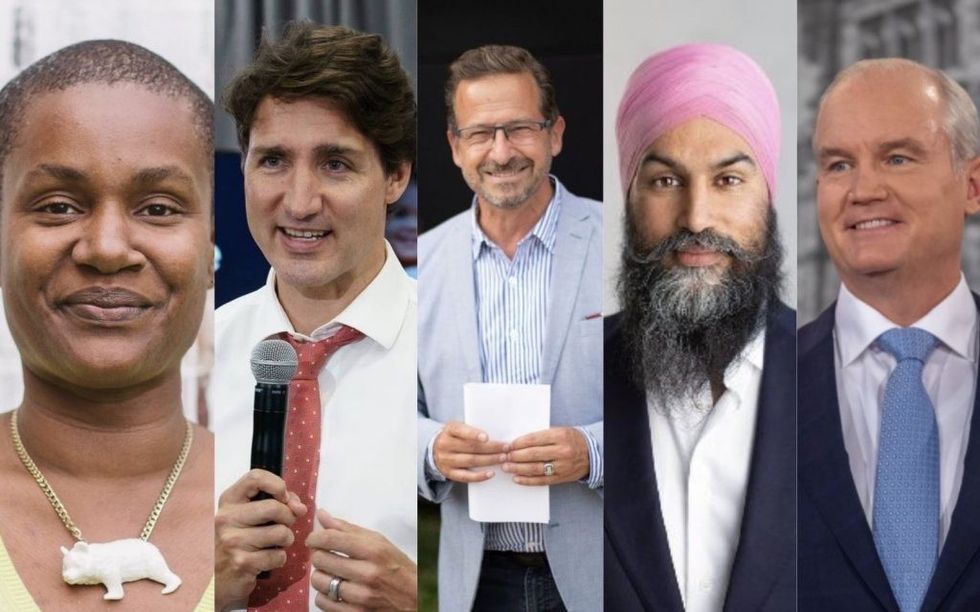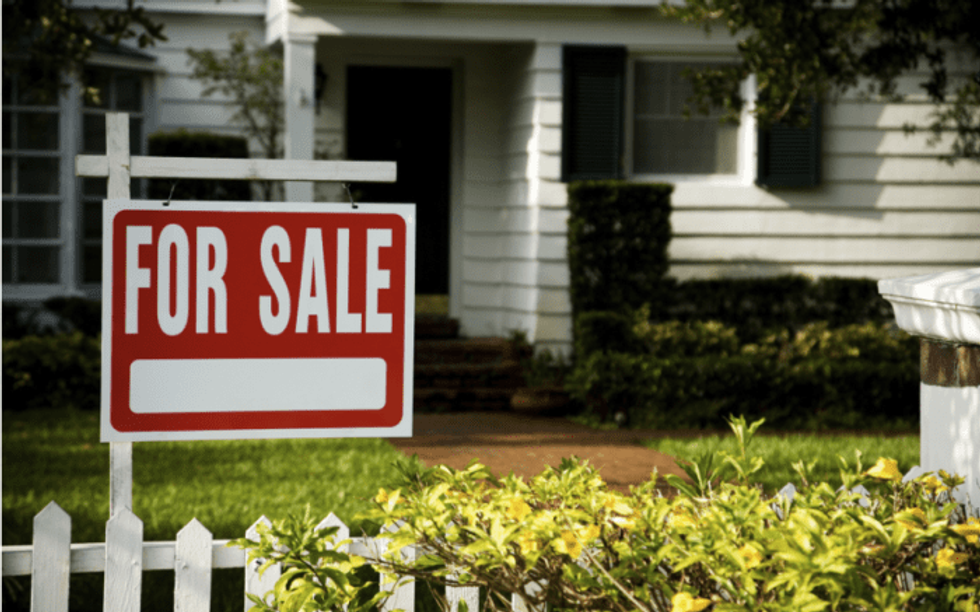As housing affordability continues to dominate headlines and conversations, it’s no wonder it's also front and centre on the campaign trail for the Canadian federal election.
Naturally, the issue came up at the first and only English-language debate.
Last night, five federal party leaders hit the stage at Gatineau’s Canadian Museum of History for the anticipated affair.

At one point, Conservative leader Erin O’Toole likely caused potential home sellers to sit up a little straighter in their seats when he suggested that Liberal leader Justin Trudeau would tax the sale of primary residences.
“Mr. Trudeau, Canadians are worried you’re going to be taxing their primary home sales,” said O’Toole last night during the segment of the debate reserved for the topic of affordability. “Your advisers have said it … it’s on page 14 of its policy book.”
But is it? Did we somehow miss something on the housing front of the Liberals’ platform?
To call O’Toole’s claim misleading is pretty accurate. Rather, page 14 of the Liberals’ policy book speaks of the prospect of an anti-flipping tax that requires properties to be held for at least a year. So, the only homeowners who’d have to pay the tax are those who sell their properties within 12 months of purchasing them.

Currently, Canadians don’t have to pay tax on the sale of their primary residences. However, capital gains tax must be paid on secondary residences like cottages, chalets, and investment properties.
The proposed anti-flipping tax is designed to prevent people from taking advantage of the tax exemption on primary home sales, helping to cool speculation and slow the rapid rise of real estate prices that have rendered purchasing a home a pipe dream for countless Canadians.
The Liberal Party outlines exemptions to the tax for those who need to sell their properties due to major life events like divorce, death, pregnancy, or changes in employment.
While it may sound like a pro-active and impactful move in theory, the Liberals predict the anti-flipping tax would generate a surprisingly measly $8-million CAD a year in revenue. However, if it can cool home prices by deterring would-be profit-driven home-flippers, we're all for it.





















